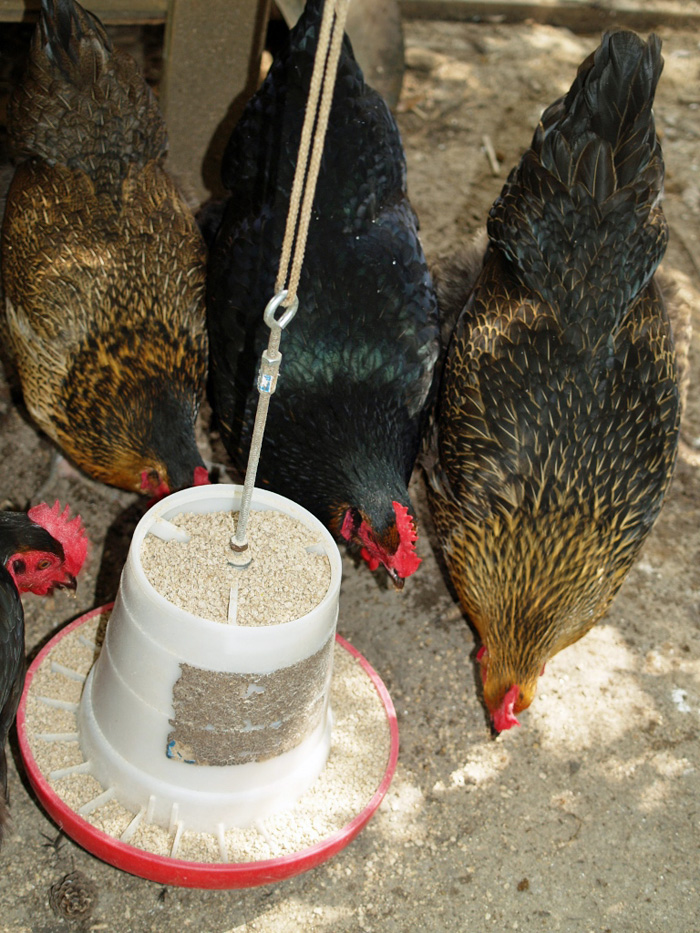
You may have heard about avian Influenza, otherwise known as “bird flu” in the news over the past few years. Bird flu is a virus, and is in the same class of viruses (Type A) that cause swine flu, equine flu, and human flu. Just as with human flu, there are many types of bird flu virus strains that affect poultry and wild birds. Many of the strains of bird flu can devastate poultry flocks.
Avian influenza could become a major concern for the U.S. poultry industry, so USDA is monitoring this disease throughout the country. In Florida, both the Florida Department of Agriculture & Consumer Services (FDACS) and The Florida Fish & Wildlife Conservation Commission have stepped up their surveillance of this disease in both wild birds and domestic poultry. Testing and surveillance is performed on commercial and backyard flocks, small animal sales, live bird markets, fairs, and exhibitions.
In 1997, it was reported from Hong Kong that a particular strain of bird flu (H5N1) caused disease and death in people. These individuals had very close contact and/or ate raw or undercooked infected poultry. This strain is not in the United States, and humans are still considered resistant to this strain. It does not spread easily from person to person, but like human flu virus, different strains develop over time and according to FDACS “the longer the current H5N1 virus exists in the poultry populations in Asia, the greater the risk this change will have time to occur.”
So what does this mean for you? If you own poultry and notice sick birds you are encouraged to call the FDACS Division of Animal Industry at 850-410-0900. They will provide information, and will be able to determine whether it is a type of bird flu or not. If you notice sick wild birds, you are encouraged to call the Florida Fish & Wildlife Conservation Commission at 850-265-3676 in Panama City.
Make a habit of using proper disease preventive measures, such as hand washing, wearing gloves while cleaning wild game or domestic poultry, cooking poultry thoroughly, keeping your coops clean, and watching for signs of disease.
The following resource is an excellent publication from the FDACS. It provides answers to questions such as: How to protect your flock from bird flu? Is vaccination an option? What happens to an infected flock? Can people get bird flu? What are the symptoms of bird flu in poultry? Here is a link to this printable resource: Avian_Influenza-FAQ
Other sources of information are:
FDACS Division of Animal Industry – Avian Influenza Information
Florida Fish & Wildlife Conservation Commission – Avian Influenza Information
UF/IFAS Bird Flu Facts
 0
0
